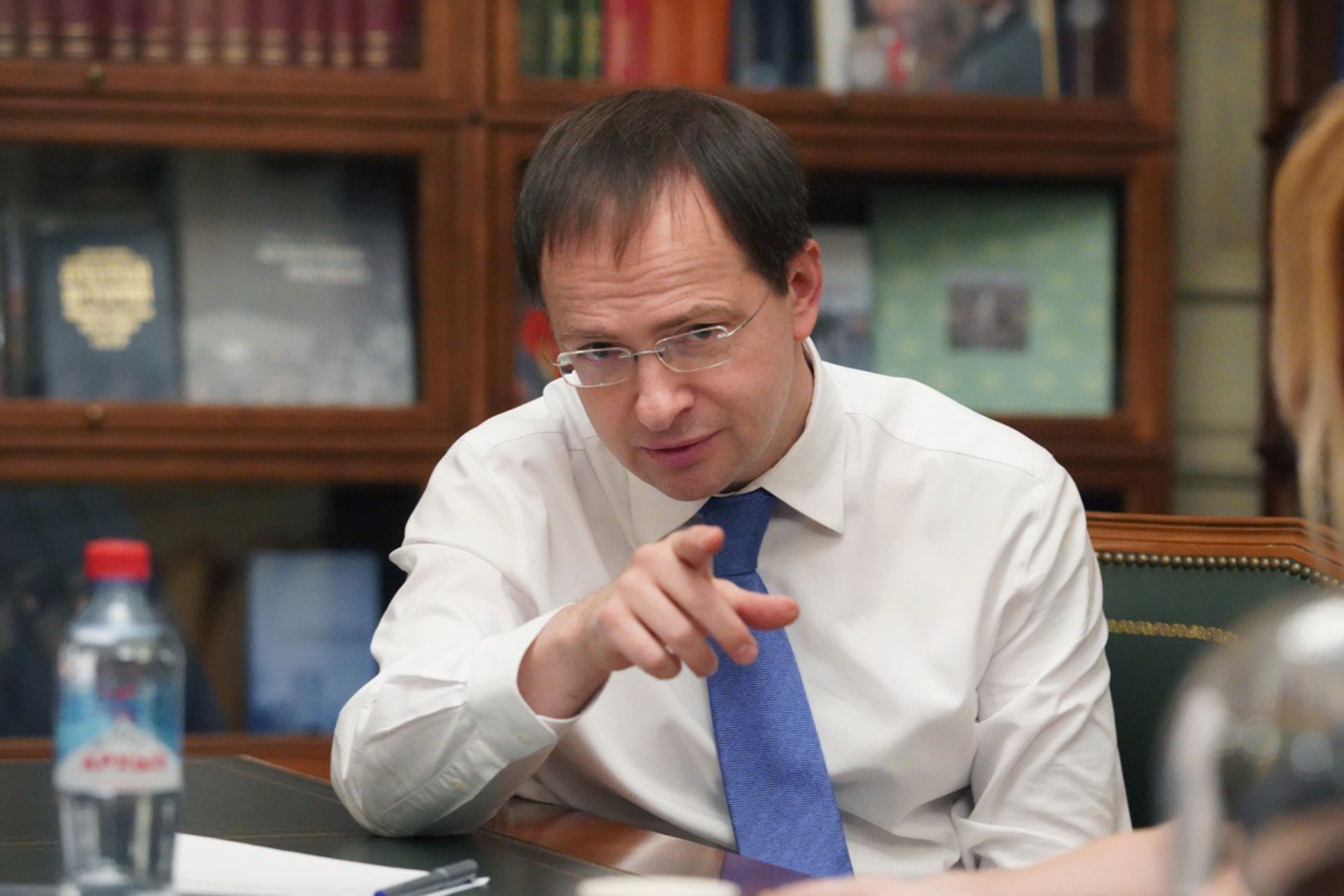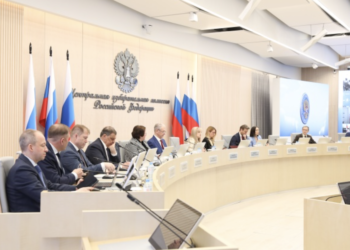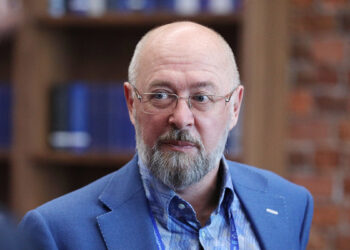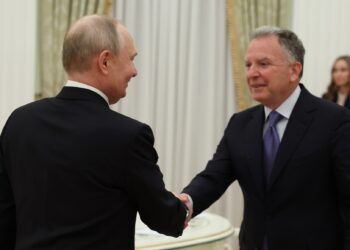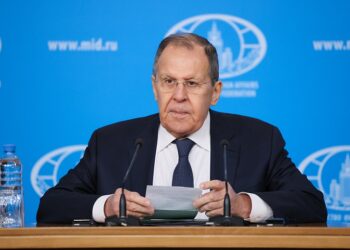ISTANBUL (Realist English). The Kremlin has finalized the composition of its delegation for the first direct talks with representatives of the Kyiv regime since the outbreak of war — a meeting scheduled for May 15 in Istanbul. Yet the lower diplomatic profile of the Russian side has raised eyebrows even before negotiations begin.
Appointed as head of the Russian delegation is Vladimir Medinsky, aide to President Vladimir Putin, who previously led talks in Belarus and Istanbul in early 2022. Joining him are:
- Mikhail Galuzin, Deputy Foreign Minister of the Russian Federation
- Igor Kostyukov, Chief of the Main Intelligence Directorate (GRU)
- Alexander Fomin, Deputy Minister of Defense for International Military Cooperation
The delegation also includes mid-level officials and military-affiliated experts:
- Alexander Zorin, Deputy Chief of the General Staff’s Information Directorate
- Elena Podobreevskaya, Deputy Head of the Presidential Directorate for Humanitarian Policy
- Alexey Polishchuk, Director of the CIS Second Department at the Foreign Ministry
- Viktor Shevtsov, Deputy Head of the Defense Ministry’s Main Directorate for International Military Cooperation
According to Ukrainian outlet NV, the Kyiv regime is expected to send Andriy Yermak, head of the Presidential Office, Defense Minister Rustem Umerov, presidential adviser Ihor Zhovkva, and Deputy Foreign Minister Andriy Sybiha.
The delegation mismatch has prompted questions about Moscow’s intent. In March 2022, talks were launched at the foreign minister level in Antalya. Now, Russia is dispatching second-tier officials and intelligence figures, which breaks with the standard principle of parity — that negotiations should take place between counterparts of equal rank.
Compounding doubts, U.S. Secretary of State Marco Rubio and presidential adviser Steve Witkoff, who had been expected to attend the talks, have postponed their visit to Turkey until Friday — after the meeting’s scheduled date.
While the negotiation initiative appears to come from Putin himself, the structure of the Russian delegation suggests a lack of genuine political ambition. By anchoring the dialogue at a technical and military-intelligence level, the Kremlin is signaling minimal expectations. Under these conditions, the likelihood of a breakthrough is negligible.


